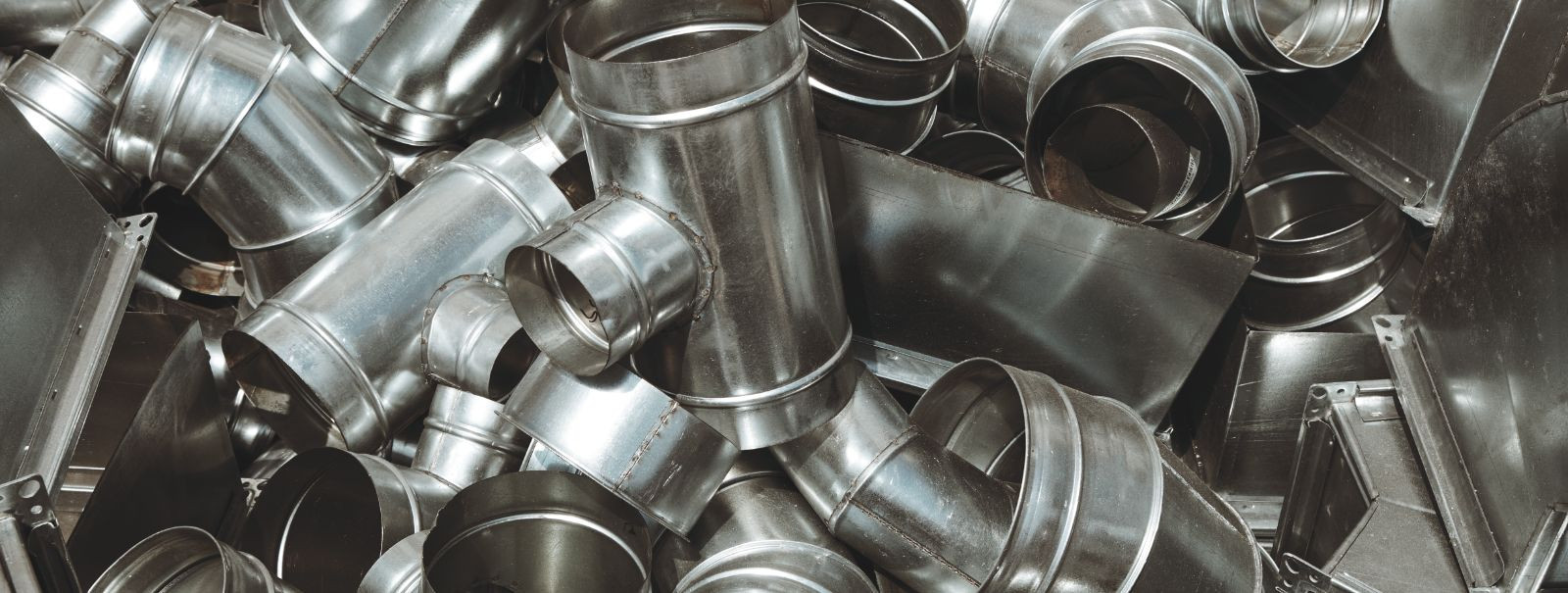The future of metals recycling: trends and innovations
The realm of metals recycling is a dynamic field that stands at the intersection of environmental stewardship and economic vitality. As we navigate through the 21st century, the importance of recycling metals cannot be overstated, given the finite nature of metal resources and the growing demand for raw materials in various industries.
Metals recycling is a well-established industry that has been contributing significantly to resource conservation and waste reduction. The process involves collecting, sorting, and processing of metals from various waste streams to produce secondary raw materials.
Recycling metals reduces the need for virgin ore mining, decreases energy consumption, and mitigates greenhouse gas emissions. Economically, it supports a multitude of industries by providing a steady supply of materials and creating employment opportunities.
Emerging Trends in Metals Recycling
Technological advancements have led to the development of sophisticated sorting technologies that enhance the efficiency and accuracy of metal recovery. These include sensor-based sorting systems and artificial intelligence (AI) driven solutions.
The integration of robotics and automation in recycling operations has streamlined processes, reduced labor costs, and improved safety conditions.
Blockchain technology is being explored for its potential to provide a transparent and secure ledger for tracking recycled materials through the supply chain.
Community-driven and decentralized recycling programs are gaining traction, empowering local economies and promoting sustainable practices.
Innovations in Metals Recycling Processes
Recent developments in eddy current separation technology have increased the separation efficiency of non-ferrous metals, making the recycling process more cost-effective.
Hydrometallurgical processes, which use aqueous solutions to recover metals, are being refined to minimize environmental impact and enhance metal recovery rates.
Biotechnology is emerging as a novel approach in metals recycling, utilizing microorganisms to bioleach or biosorb metals from waste streams.
The concept of a circular economy, where waste is minimized and materials are continuously reused, is driving innovations in recycling practices, aiming for a zero-waste future.
Challenges and Opportunities
Recycling industries face various regulatory challenges that can impact operations, including compliance with environmental standards and international trade laws.
The global nature of the metals market influences recycling economics, with factors such as trade policies and commodity prices playing a significant role.
For the industry to thrive, there is a need for continued investment in recycling infrastructure to support the adoption of new technologies and processes.
Public participation is crucial for the success of recycling programs. Increasing awareness and incentivizing recycling can lead to higher recovery rates and a more sustainable future.






Comments (0)